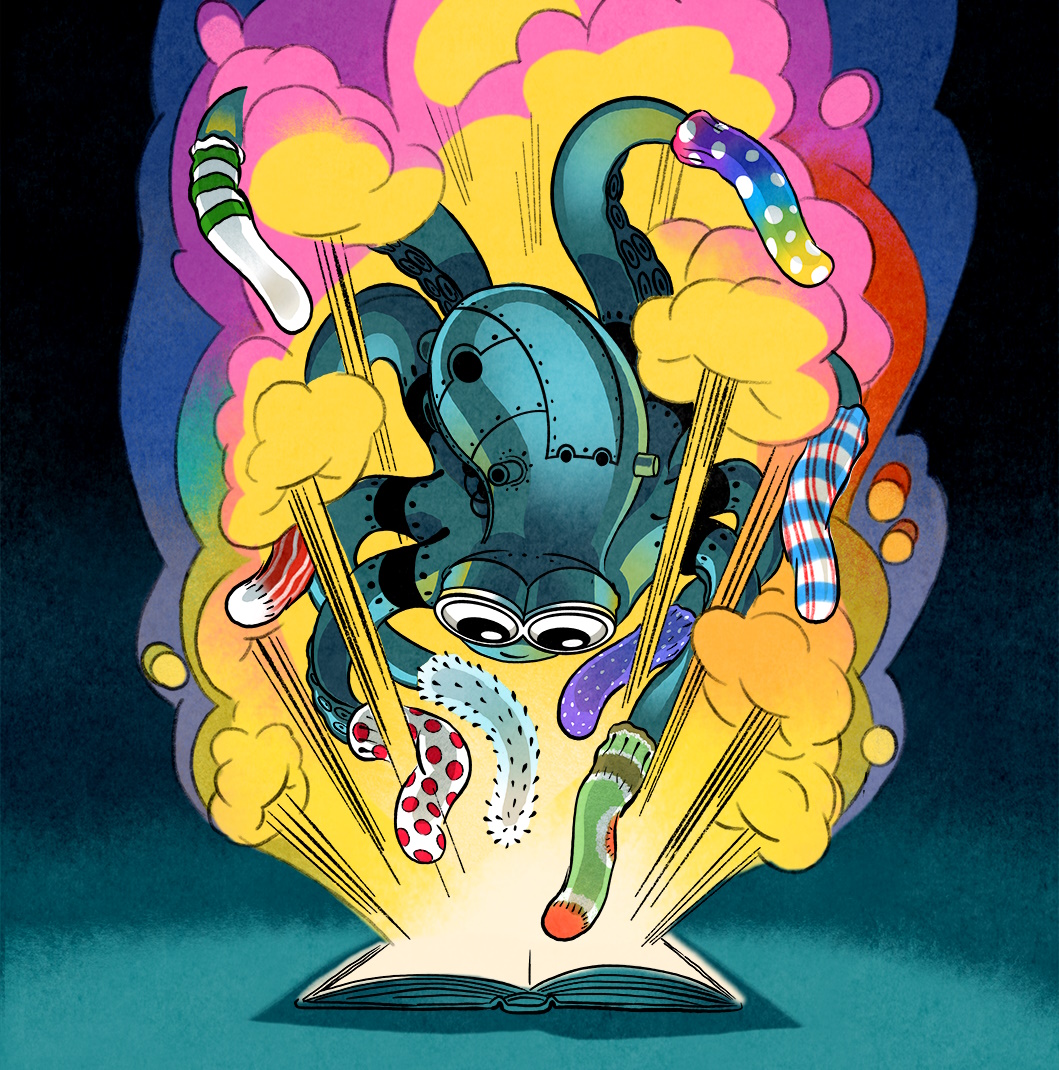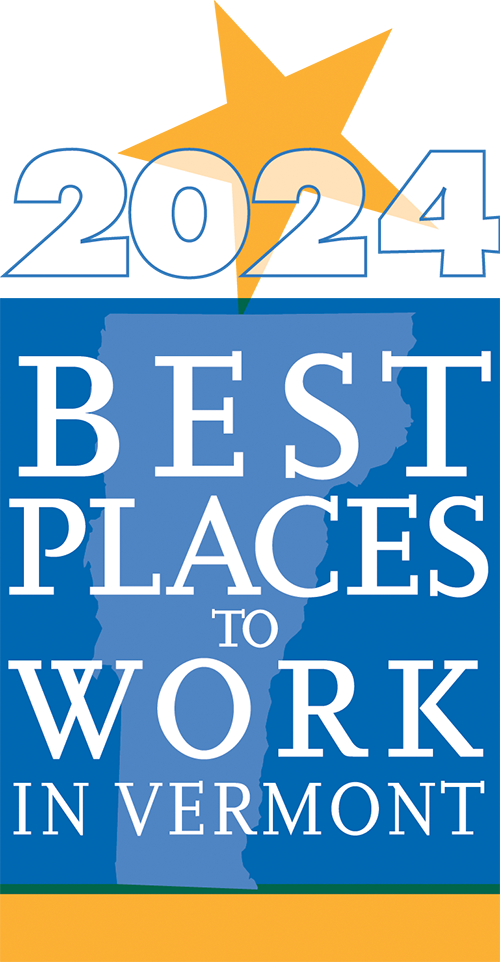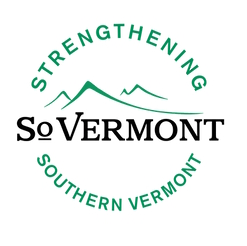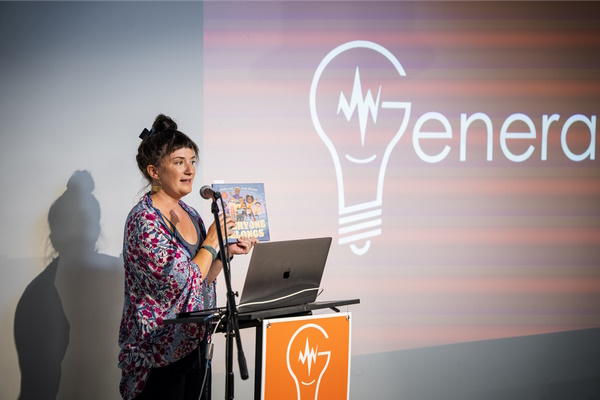UVM Earns $20M Research Grant to Study the Impact of Stories Online
Source: UVM
A groundbreaking data science effort to better understand and harness the power of stories has earned the University of Vermont a $20 million research capacity building award from the National Science Foundation (NSF) through its Established Program to Stimulate Competitive Research (EPSCoR).
The effort dubbed the Science of Online Corpora, Knowledge, and Stories (SOCKS) focuses on stories as an essential part of how people comprehend, explain, predict, and seek to navigate the world. SOCKS supports the Digital Humanities by developing a powerful approach to quantifying both individual stories and ecologies of stories through massive data collection, natural language processing, and large language models—computer-based encodings of the meaningful connections between words and phrases.
The cornerstone for SOCKS is StoryWrangler, a curation of Twitter into day-scale phrase counts for over 200 billion tweets in 100 languages from 2008 through to mid-2023. The massive sociolinguistic data set accounts for social amplification via retweets, which can be visualized through time series “contagiograms.” The instrument underlies UVM’s Hedonometer, a long running measurement of the happiness and sadness of populations. In 2022, The Economist used the instrument to quantify changes in Russian sentiment toward the war in Ukraine. It was also recently used to show, for example, that mentions of “mental health” have become 100 times more common today than a decade ago.
The SOCKS project is intended to enable or enhance the study of any large-scale temporal phenomena where people matter including culture, politics, economics, linguistics, public health, conflict, climate change, and data journalism.
“In astronomy and biology, the telescope and the microscope helped us describe phenomena far beyond our limitations, opening up vast new scientific realms,” said Vermont Complex Systems Center Director Peter Dodds. “With the SOCKS program, we’re working to do the same for stories by building and refining instruments that can ‘distantly read’ and make sense of enormous collections of texts, whether they be libraries of books, streaming social media, or Vermont folktales from the 1800s. We need to understand how stories evolve and spread, the effects stories have on populations, and with SOCKS, we will help grow a measurement-first science of stories.”
“This funding includes $1M to double the power of the state’s high-performance computing environment, supporting Computational Social Science research in 20 departments at UVM along with seven institutions in Vermont,” said Chris Danforth, Director of the Vermont Advanced Computing Center.







